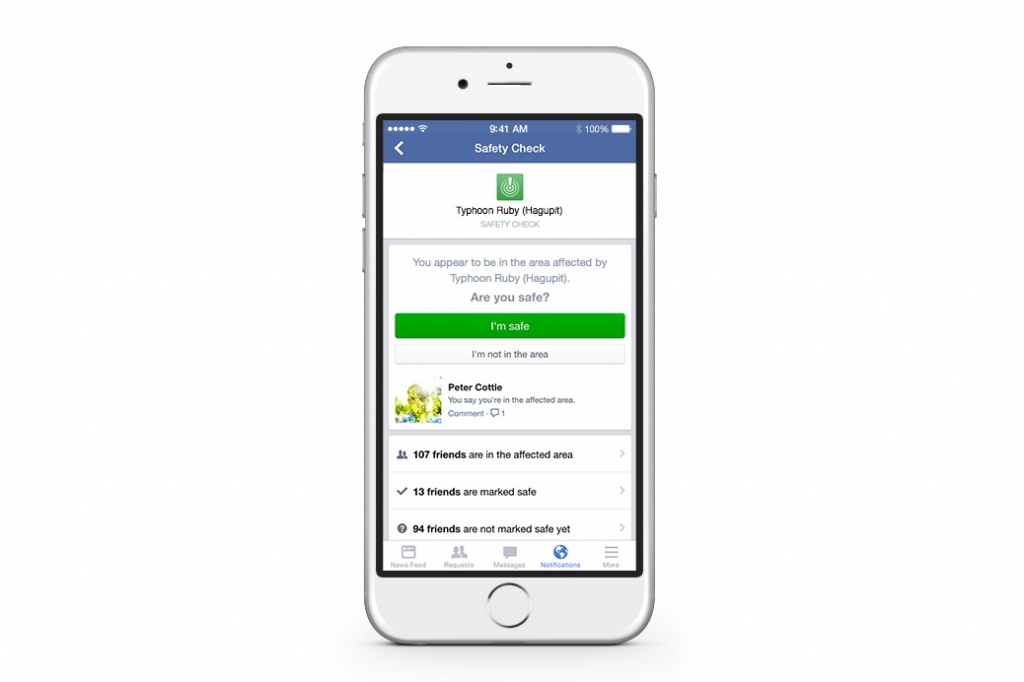Facebook activates its safety check feature for the bombing in Nigeria
Facebook took the unprecedented step of activating its Safety Check feature in the aftermath of the Paris attacks on Friday, marking the first time that the tool has been deployed for a situation other than a natural disaster.
Today, as Reuters reports, Facebook has announced that it will turn on Safety Check more often during disasters “in response to growing criticism that it only enabled the function after the attacks in Paris”.
The CEO said many people had “rightfully asked” why it’d turned on Safety Check for the Paris attacks but not for the Beirut bombings, explaining that until the incident in France, company policy had been to activate it only for natural disasters.
Soon after the news broke, Facebook activated the safety check feature for Yola’s residents.
Following terrorists attacks in Paris on Friday that killed 129 people and injured 352, Facebook activated its Safety Check feature to let users inform their friends and family that they were safe. Before Paris, the tool was only used for five disasters; after the earthquakes in Afghanistan, Chile and Nepal as well as Tropical Cyclone Pam in the South Pacific and Typhoon Ruby in the Philippines.
Facebook introduced Safety Checks in 2011, following the Japan Tsunami.
The Safety Check feature is pretty simple: when a user launches the Facebook app, it uses location services such as Global Positioning System and Wi-Fi to determine the user’s location. If a person selects “I’m safe“, a notification and news feed post are generated to let friends and family know.
During an ongoing crisis, like war or epidemic, Safety Check in its current form is not that useful for people: because there isn’t a clear start or end point and, unfortunately, it’s impossible to know when someone is truly “safe.”
Many have also complained that although users can apply a French flag filter to their profile picture as a symbol of solidarity, Facebook did not offer this feature in the wake of terrorist attacks in Lebanon, Nigeria, Kenya, and others.
The concerns were addressed by Facebook boss Mark Zuckerberg in a message posted over the weekend.
“We want this tool to be available whenever and wherever it can help”, he said.








